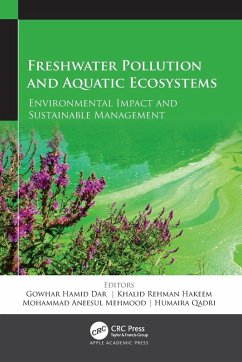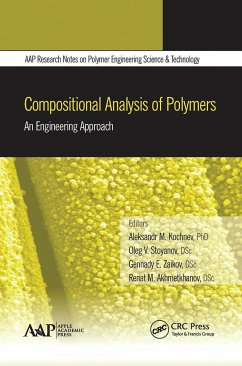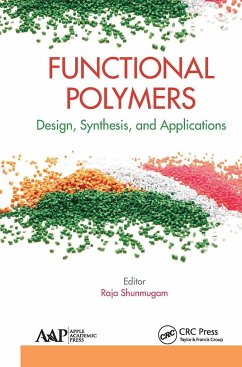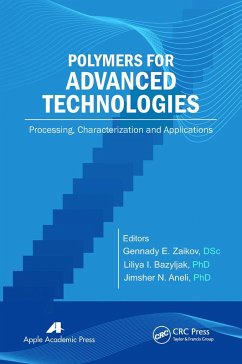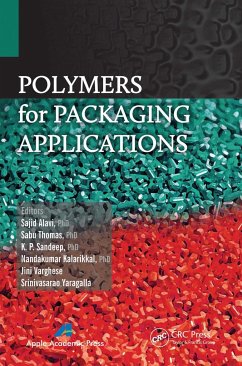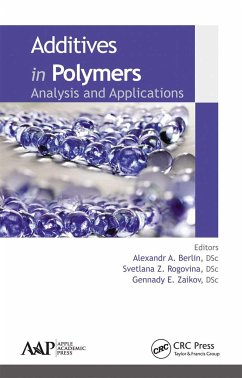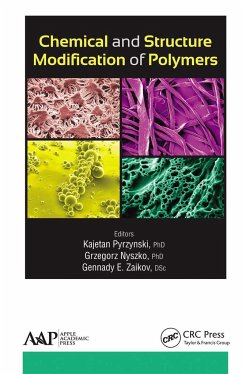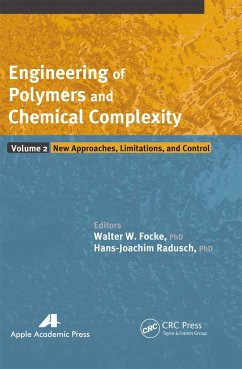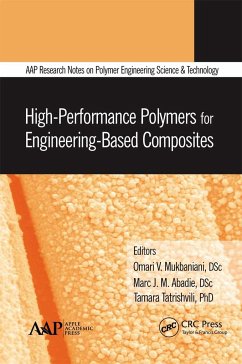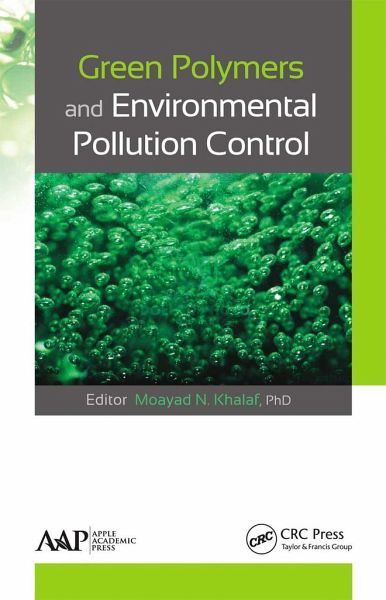
Green Polymers and Environmental Pollution Control
Versandkostenfrei!
Versandfertig in 1-2 Wochen
99,99 €
inkl. MwSt.
Weitere Ausgaben:

PAYBACK Punkte
50 °P sammeln!
Green Polymers and Environment Pollution Control examines the latest developments in the important and growing field of producing conventional polymers from sustainable sources. Presenting cutting-edge research from a group of leading international researchers from academia, government, and industrial institutions, the book explains what green polymers are, why green polymers are needed, which green polymers to use, and how manufacturing companies can integrate them into their manufacturing operations. It goes on to provide guidelines for implementing sustainable practices for traditional petr...
Green Polymers and Environment Pollution Control examines the latest developments in the important and growing field of producing conventional polymers from sustainable sources. Presenting cutting-edge research from a group of leading international researchers from academia, government, and industrial institutions, the book explains what green polymers are, why green polymers are needed, which green polymers to use, and how manufacturing companies can integrate them into their manufacturing operations. It goes on to provide guidelines for implementing sustainable practices for traditional petroleum-based plastics, biobased plastics, and recycled plastics. With recent advancements in synthesis technologies and the discovery of new functional monomers, research shows that green polymers with better properties can be produced from renewable resources. The book describes these advances in synthesis, processing, and technology. It provides not only state-of-the-art information but also acts to stimulate research in this direction. Green Polymers and Environment Pollution Control offers an excellent resource for researchers, upper-level graduate students, brand owners, environment and sustainability managers, business development and innovation professionals, chemical engineers, plastics manufacturers, agriculture specialists, biochemists, and suppliers to the industry to debate sustainable, economic solutions for polymer synthesis.





